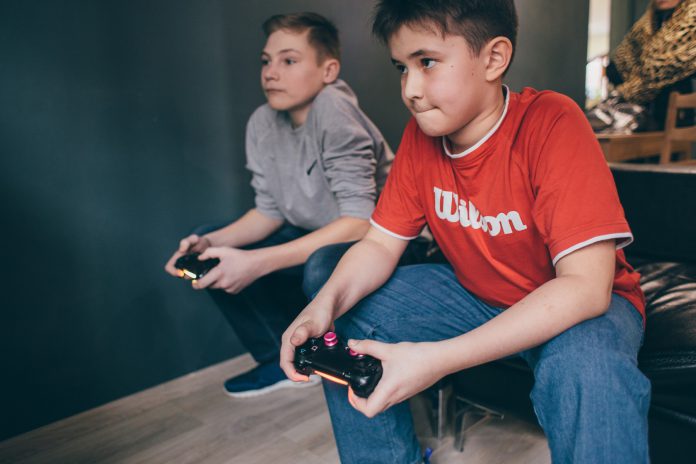The Royal Society for Public Health (RSPH) has called for the introduction of legislation that would classify loot boxes and skin betting as legally-recognised forms of gambling following the publishing of a GambleAware report.
The report, entitled Skins in the Game, surveyed 1,025 people between the ages of 11 and 24 across the UK and found that a majority of young people see both purchasing a loot box (58%) and taking part in skin betting (60%) as potential pathways into problem gambling.
Shirley Cramer CBE, Chief Executive of the Royal Society for Public Health, stated: “Young people have told us that gambling and gambling-like activity are slowly but surely polluting hobbies and past-times that have traditionally been beneficial to their wellbeing.
“Today, the vast majority of young people take part regularly in video-gaming and no doubt many will receive video games as Christmas presents. However we, and the young people we’ve spoken to are concerned at how firmly embedded gambling-type features are in many of these games.”
Loot boxes, which research shows are purchased by 40% of young gamers, are items included within games as ‘add-on purchases’ and contain randomised rewards that are unclear to the user at the point of purchase.
These such rewards can be cosmetic, such as ‘skins’ that change the appearance of in-game characters, or provide users with an advantage in gameplay, such as in the popular FIFA videogame series where players can buy ‘packs’ for the chance to win higher-rated football stars.
Cramer added: “The rise of loot boxes and skin betting have seen young people introduced to the same mechanisms that underpin gambling, through an industry that operates unchecked and unregulated on the back alleys of the internet, which young people can access from their bedrooms.
“As with any public health issue, this is one that requires a combination of measures focusing on both education and regulation. Young people are not universally opposed to gambling and gambling-like activity; they simply want to be able to recognise where it appears in their lives and to make an informed decision as to whether to avoid it altogether, or to participate in a way that lowers the stakes for their health and wellbeing.”
As a result of the findings, the RSPH has subsequently outlined a number of requests which aim to develop education programmes with the aim of providing help to parents, carers and teachers in identifying problem gambling behaviours.
These include: A commitment from the gaming industry to ensure gamble-free video and mobile games for under 18s; the development of a set of criteria and technology to identify spending patterns on loot boxes; A broader definition of gambling to be included in the Health Education Curriculum and introduced to young people at primary school; and the recognition of gambling harms as an issue for Mental Health Support Teams in schools and colleges.






















